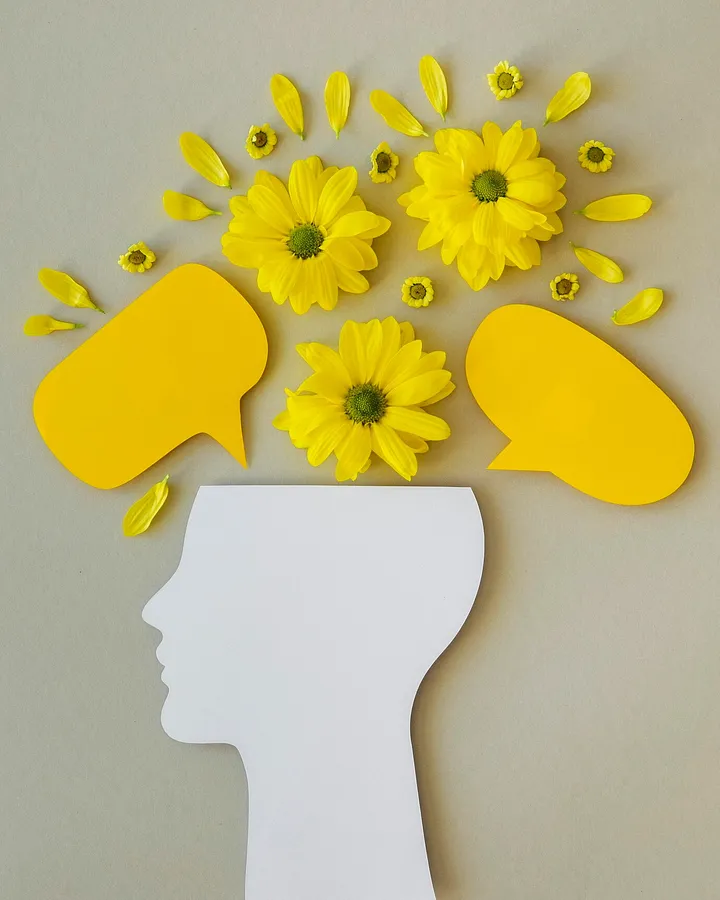In my experience as a clinical psychologist working in India, cultural taboos can have a big influence on how families talk about mental health issues. In a culture steeped in customs and family responsibilities, conversations about mental health frequently fall aside due to social stigmas and myths. But in order to promote emotional resilience and stronger family dynamics, these taboos must be addressed.
Look at the situation of Ramesh and Meera, a couple residing in a busy metropolis in their mid-40s. Even though the family gave the impression of being happy on the outside, there were unsolved arguments and unsaid feelings. Feeling confined by society’s expectations of being the ideal wife and mother, Meera battled untreated anxiety. In contrast, Ramesh struggled with depression but was reluctant to get treatment because he was afraid of being judged as weak or insufficient.
Their experience is not unusual in Indian households, where people are frequently discouraged from getting the help they sorely need due to a fear of being judged and pressure to maintain an air of perfection. But it’s our duty as mental health experts to establish safe spaces where families like Ramesh and Meera may talk honestly about their challenges without feeling shamed or retaliated against.
Psychoeducation is one method I frequently use. It is a process that includes educating families about mental health issues and busting myths and prejudices. By providing families with information, we enable them to question prevailing perceptions and attitudes around mental illness.
For example, in a family therapy session with Ramesh and Meera, I stressed that mental health problems are the outcome of intricate interplay between biological, psychological, and environmental elements rather than a sign of moral failure or personal weakness. They learned via frank and open communication that asking for assistance with mental health issues was not a sign of weakness but rather a brave step toward recovery and development.
The importance of cultural sensitivity in treating mental health concerns in Indian households cannot be underestimated. Gaining the trust and respect of your clients requires an understanding of and adherence to cultural norms and values. For instance, getting professional mental health assistance is rarely seen as a first choice in many Indian households, where families would much rather rely on folk cures or religious interventions.
We can bridge the gap between Western psychology and indigenous knowledge systems by incorporating culturally sensitive approaches into therapy, such as including traditional healing practices or including family elders in the therapeutic process. This will make therapy more relevant and approachable for Indian families.
In summary, removing the taboos around mental health in Indian households necessitates a multifaceted strategy that incorporates cultural sensitivity, psychoeducation, and open communication. We can foster healthy family relations and the emotional well-being of future generations by establishing a secure space where people feel comfortable sharing their stories and asking for assistance without fear of being judged. It is our responsibility as clinical psychologists to question social conventions and promote an inclusive and compassionate approach to mental health care in India.
To anyone reading this who could be experiencing mental health issues or who is watching a loved one struggle with hidden obstacles to think about getting help. Therapy provides a safe, accepting, and impartial environment in which you can examine your feelings, ideas, and experiences under the supervision of a qualified expert. Always keep in mind that asking for assistance is a brave step toward recovery and development rather than a sign of weakness. Help is accessible whenever you’re ready to take the first step toward a better and healthier future, so you’re not alone.
